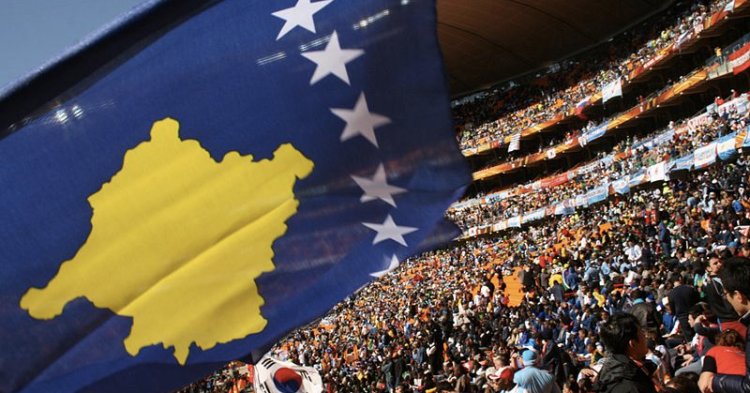The government toppled in the midst of a global health crisis
In December 2019, the early general election was won by Lëvizja Vetëvendosje (The Self-determination Movement, or LVV), whose current leader Albin Kurti founded the party 15 years previously. Kurti then became Prime Minister and formed a coalition government with Lidhja Demokratike e Kosovës (The Democratic League of Kosovo, or LDK) which held 25% of the seats, trailing LVV by 1 point. The dawn of a new era finally began with promises to end the rule of elites accused of corruption.
However the government was short-lived due to a motion of no-confidence voted in by the LDK [1], which was in power for 20 years. The change sends an important signal to parliamentary parties. For Arbenita Nreçaj, a 24 year-old teacher, “Vetëvendosje’s victory in [the town of] Podujev is a step forward on the path to gain voters’ trust all over Kosovo”. “This reflects the desire for change”, says Edona Bajrami, a young psychology graduate. The election results played out like a dress rehearsal for the main political parties, as the three candidates for Podujevë’s mayoral elections are from the three largest national parties: the LDK, Vetëvendosje, and the Kosovo Democratic Party (PDK).
The downfall of the provisional government
A new political crisis hit Kosovo in November 2020. Both the president Hashim Thaqi and his right-hand man Kadri Veseli stand accused of “war crimes and crimes against humanity, which include murder, forced disappearance, persecution, and torture” [2] by the Kosovo Specialist Court in the Hague. Thaqi chose to resign, and Vjosa Osmani became interim President. The people then demanded new general elections [3] to elect a new president, but most importantly to oust the current government, which is deemed “illegitimate”. In 2017, the former Prime Minister’s war crime charges had already caused the government to resign and a new general election was called. The Hoti government was appointed with the bare minimum of votes required: 61 out of 120. The Vetëvendosje movement has called on the Constitutional Court to assess the legitimacy of the government, since one MP, Etem Arifi, participated in the vote. Arifi is a member of the LDK who was sentenced to fifteen months in prison for “subsidy fraud”. However, the Constitution of Kosovo states that the mandate of a deputy (MP) ends “if the deputy is convicted and sentenced to one or more years imprisonment by a final court decision of committing a crime”. Without Arifi’s vote, the government would not have gained power because the threshold of 51% of the votes would not have been reached.
The new elections
Following the Constitutional Court’s decision that the Hoti government had indeed not been elected (…) in accordance with the Constitution [4], Kosovo’s interim president, Vjosa Osmani, called an early election for the 14th of February [5]. A date at the polling booth is on the cards! Since then, Albin Kurti (LVV) has not hid his expectation to be returning to work soon. “Although I lost the support of half of the deputies”, he declared in an interview with German newspaper Süddeutsche Zeitung in September, “our popularity has doubled”. It would not be a coincidence if the “forces of the old regime” have joined forces against him and his pro-self-determination party: “They know exactly what the results would be if new elections were held”.
In fact, the optimism surrounding Kurti’s re-election is based on a number of conditions favourable to him. According to the polls, his party’s popularity has not stopped growing. With new elections, Vetëvendosje could reach a parliamentary majority without even having to rely on a coalition partner. Furthermore, the “old regime” of the Kosovan Liberation Army is clearly weakened. Let’s not forget that Kurti’s former rival, the ex-president Hashim Thaçi, must testify in the Kosovo Specialist Court in the Hague. Donald Trump’s government favoured the LDK [6], which assured him a speedy resolution of the conflict. However, Donald Trump lost. The president-elect Joe Biden is a recognised expert in the region. When he was a senator in the 1990s, he campaigned for an international intervention against Serbian aggression. Before this year’s American presidential election, Albin Kurti called on all Kosovans to vote for Joe Biden.




Follow the comments: |
|
